Samsung may not return to making Apple's A-series processors in 2018 as once thought, with a new report claiming chip producer TSMC's 7-nanometer FinFET fabrication process could help the firm retain its status as sole processor supplier for the upcoming 'A12' chip.
Taiwan Semiconductor Manufacturing Co. (TSMC) is reportedly battling with Samsung to secure orders for the "A12" processor, a 7-nanometer chip that is destined for use in a future iPhone generation. While reports earlier this week suggested Samsung had secured a deal to make the processors, industry observers advised to DigiTimes that this may not be the case, based on TSMC's technology.
The in-house developed InFO wafer-level packaging created by TSMC will make the firm's 7-nanometer FinFET technology more competitive than Samsung's equivalent, the observers told the report. The introduction of TSMC's second-generation technology, which is said to play a key role in chip production, will apparently make Samsung's chances of regaining application processor orders for a future iPhone "unlikely."
Tuesday's reports about Samsung's deal cites sources claiming one of the South Korean electronic giant's three co-CEOs visited the Apple headquarters in June, with the company allegedly using its close ties to OLED production as part of its persuasion effort. Samsung is also said to be close to completing testing of its new equipment for producing chips under a 7-nanometer process, in anticipation of receiving a final approval from Apple.
On Wednesday, a report surfaced claiming TSMC had started expanding its equipment suppliers, in order to implement a more efficient 7-nanometer process from 2018. TSMC is said to be producing processors for the "iPhone 8" expected this year, with the "A11" chip thought to use the company's 10-nanometer process.
While it is possible for Samsung to take on some of the orders for the "A12" chip, it is unlikely for Apple to completely switch away from TSMC, though it is plausible for Apple to split the order between the two firms while they embark on using the relatively new 7-nanometer process. Apple has used both TSMC and Samsung as processor suppliers, with the A9 used in the iPhone 6s produced by both companies, but since then, Apple has solely used TSMC for its A-series chips.
A switch to a smaller die size, such as the move from a 10-nanometer to a 7-nanometer process, typically introduces a number of benefits linked to squeezing faster processing technologies into a more confined space. Aside from a speed boost, this can also make the processors more power efficient than previous generations, in turn increasing battery life.
 Malcolm Owen
Malcolm Owen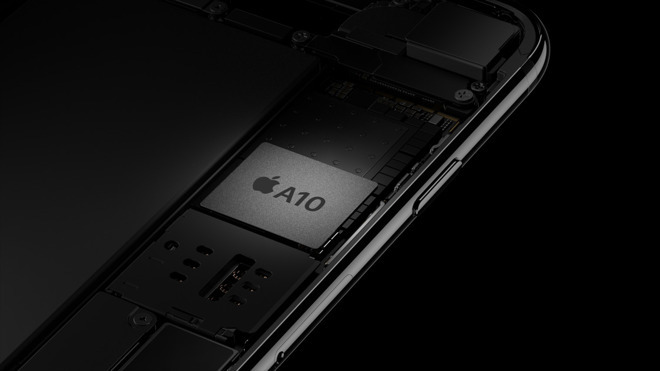


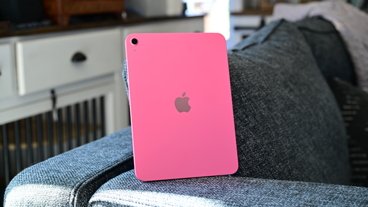

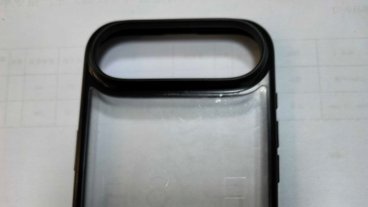

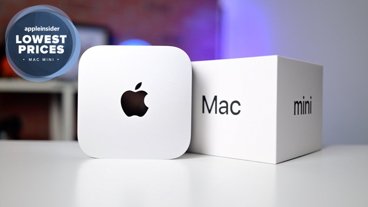
-m.jpg)





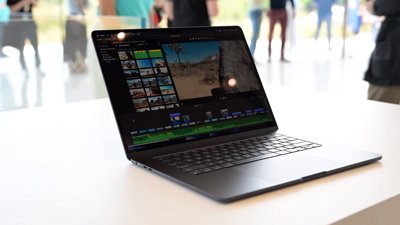
 Andrew Orr
Andrew Orr
 William Gallagher
William Gallagher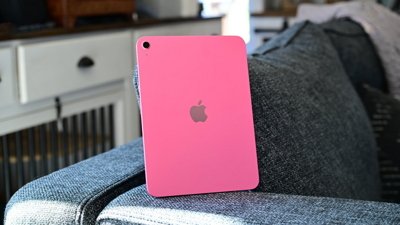
 Mike Wuerthele
Mike Wuerthele
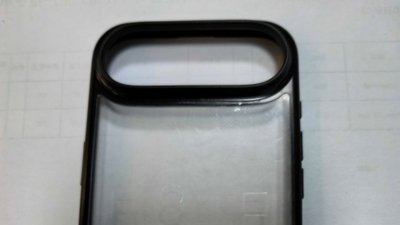



 Wesley Hilliard
Wesley Hilliard




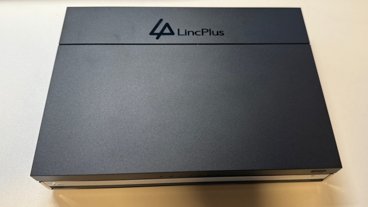


23 Comments
Sooo...what exactly makes the 7nm chip from TSMC better than Samsung's?
Apple has used both suppliers before with better performance coming from the TSMC processors for some reason.
Perhaps Apple gets better pricing, better processors, and doesn't have to feed the mouth that bites it. Sounds like a win-win if it happens.
The preference is to use one chip vendor. It’s really expensive to use two, because the SoC design has to be modified for each process, and then taped out for both, maybe multiple times. Apple needs two design teams for that, and they have to be well coordinated. If one vendor is ahead of the other in certification then the other vendor holds up the process. It’s easier if one vendor is delayed than one moving forwards, and one not. Either way, there is enough tolerance in time that both will be on time.
what happened previously was that TSMC’s 16nm process was 20% more power efficient than Samsung’s 14nm process. But when both phones were tested, in system differences were about 5%, which is insignificant, showing that the system uses so much more power than just the SoC.
i imagine that Apple doesn’t want to use Samsung any more than necessary. And that’s not because of their rivalry, but because they rightfully don’t want to depend upon one vendor for so many major parts.
"TSMC's second-generation technology, which is said to play a key role in chip production, will apparently make Samsung's chances of regaining application processor orders for a future iPhone unlikely."
As Jerry Seinfeld used to say, "That's a shame."